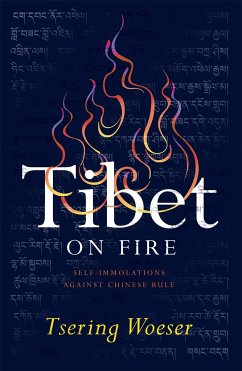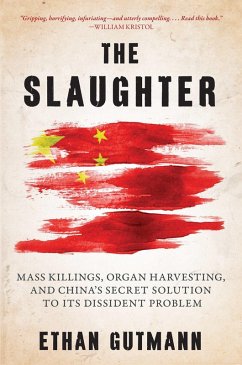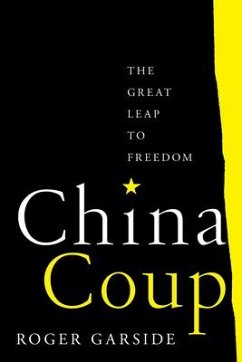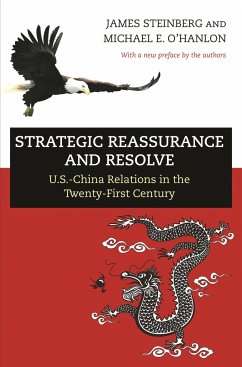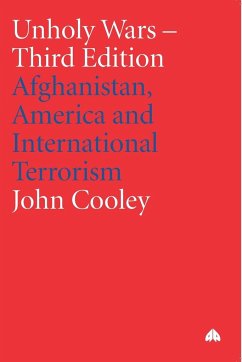Nicht lieferbar
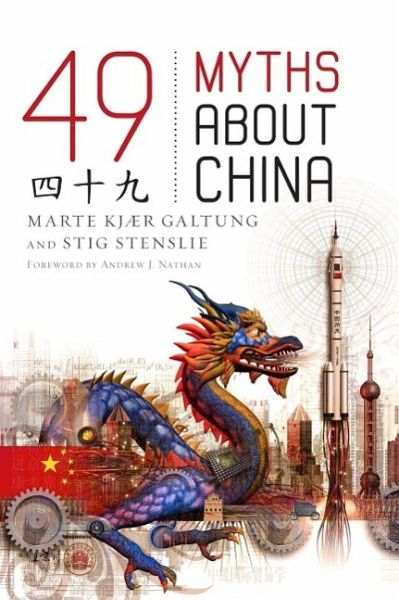
49 Myths about China
This engaging book highlights 49 prevalent myths about China's past, present, and future and weighs their truth or fiction. Leading a thoughtful and entertaining tour, the authors debunk widespread "knowledge" about Chinese culture, society, politics, and economy. Their timely work offers an illuminating window on a rising power we often misunderstand.





